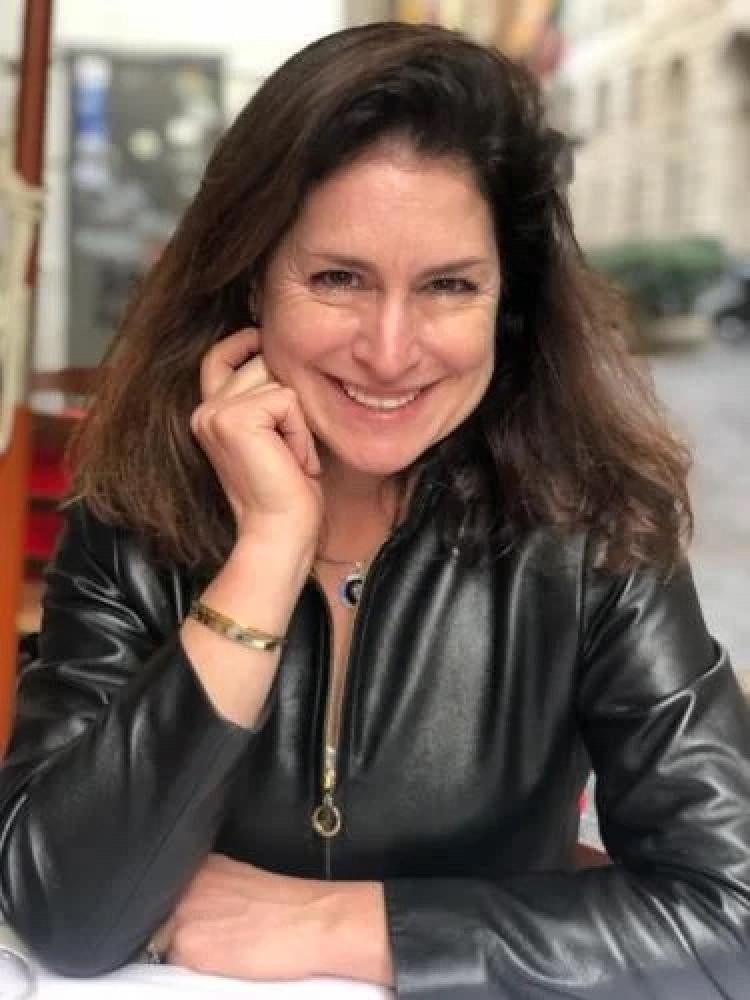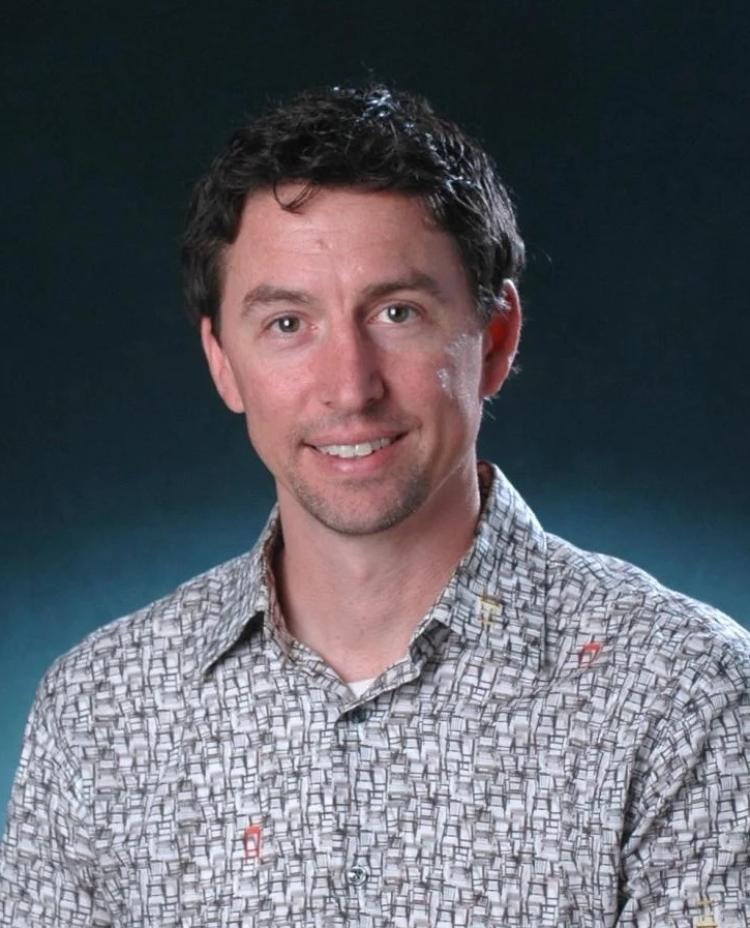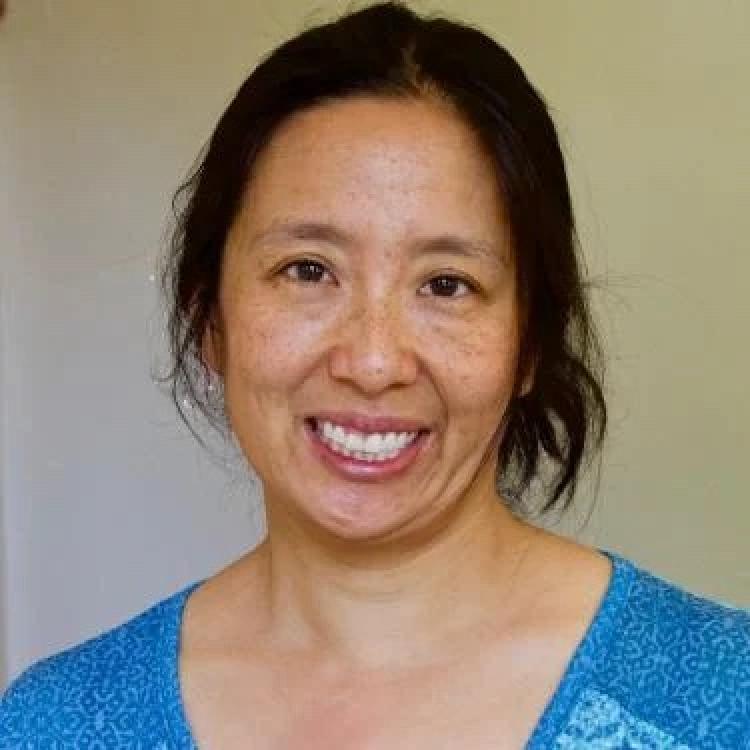CU Boulder faculty, student, staff to attend world’s largest climate conference
Banner image: Na'ama Bay, Sharm El-Sheikh, Egypt. (Credit: Cosimo Padula)
Starting Nov. 6, representatives from 197 countries and hundreds of activists, scientists and industry representatives will gather in Sharm El-Sheikh, Egypt, for the 2022 United Nations Climate Change Conference.
This year’s event, known as COP27 (27th annual Conference of Parties), marks the 30th anniversary of the adoption of the U.N. Framework Convention on Climate Change (UNFCCC) in 1992 by these 197 countries at the Earth Summit in Rio de Janeiro, Brazil.
Four CU Boulder faculty—James Anaya, Colleen Scanlan Lyons, Max Boykoff and Emily Yeh—will join this year’s gathering to observe the negotiations and contribute valuable insights on the impact of climate change on human rights, the importance of forest conservation and trends in climate change communication. Also attending COP27 are Emma Loizeaux, doctoral student in geography, Emily Benton Hite, an affiliate faculty lecturer in continuing education and anthropology, and Rob Ross, project manager at the Consortium for Capacity Building.

James Anaya. (Credit: CU Boulder)
James Anaya, CU Law
UN Human Rights and CU Boulder will host a news conference about the upcoming Right Here, Right Now Global Climate Summit on Nov. 8, led by summit co-chair James Anaya, Distinguished Professor and Nicholas Doman Professor of International Law at CU Boulder.
The virtual and in-person Right Here, Right Now Global Climate Summit on Dec. 1–4, 2022, will bring together experts on climate change and human rights, including youth activists, business leaders and journalists from around the world, to discuss tangible policy commitments and actions that people from all walks of life can take to address this global threat that disproportionately affects the world’s most vulnerable people.
“The Right Here, Right Now Summit and our participation at COP27 place CU Boulder at the center of the efforts to address the human rights impact of climate change,” Anaya said. “There are few issues as important as this one, and the summit will help to further commitments on a global scale to understand its multiple dimensions and forge solutions.”

Colleen Scanlan Lyons. (Credit: Colleen Scanlan Lyons)
Colleen Scanlan Lyons, environmental studies
Colleen Scanlan Lyons, associate research professor in environmental studies and project director for the Governors’ Climate and Forests Task Force, will attend COP27 for its second week (Nov. 13–18). The GCF Task Force, a project of CU Boulder’s Institute of Behavioral Science with a global secretariat hosted by CU Boulder and UCLA, facilitates subnational leadership to reduce deforestation and advance inclusive, equitable, low-emissions development in states and provinces and across entire regions. It’s the largest organization of its kind, working with 39 states and provinces in 10 countries.
As part of this work, Lyons is looking forward to meeting with newly elected government leaders at this year’s conference, including Indigenous leaders in Brazil and from around the world.
“We have a key moment to reach subnational governments, who can have quite a big impact on climate work,” Lyons said. “I'm super excited to sit down and engage with these governors and say: All right, you were just elected. Here's the (environmental) platform that you ran on. How are you going to put this into practice?”
Her biggest hope is that as a result of COP27, countries agree on concrete financing and policy solutions for forest conservation and livelihood generation.

Maxwell Boykoff. (Credit: CU Boulder)
Max Boykoff, environmental studies and CIRES
Max Boykoff, professor in environmental studies and fellow in the Cooperative Institute for Research in Environmental Sciences (CIRES), is leading CU’s delegation to COP27 this year and attending in person for its second week.
As a researcher of climate change communication and of media coverage of climate change as part of the Media and Climate Change Observatory (MeCCO), Boykoff plans to observe creative communications and engagements associated with climate policy action, and develop research looking at the politics of “climate emergency.” He also plans to participate in a panel discussion hosted by 10 Billion Solutions, a global communications consultancy group that focuses on climate and sustainability communications.
Boykoff said he is hopes COP27 will be the “implementation COP,” as Egyptian Minister of Foreign Affairs H.E. Sameh Shoukry declared—where productive negotiations can directly connect with significant implementation and action.
“I also look forward to observing creative ways in which observer organizations, businesses, nongovernmental organizations and other social movements will be creatively communicating about climate change in the many events and activities that surround the negotiations,” Boykoff said.
Boykoff also said he is eager to sample Egyptian food and culture on his first visit to the country.

Emily Yeh. (Credit: CU Boulder)
Emily Yeh and Emma Loizeaux, geography
Emily Yeh, professor of geography and faculty affiliate at the Center for Asian Studies, is attending COP27 for its second week along with Emma Loizeaux, doctoral student in geography, who will be attending the first week.
They are eager to attend their first United Nations Climate Change Conference as both of their research practices are centered around elements of international relations, people and climate change. Yeh has researched various aspects of climate change, including Indigenous knowledge about climate change and vulnerability to climate change on the Tibetan Plateau, and teaches a graduate seminar focused on climate justice from a political ecology perspective.
Loizeaux’s doctoral research is on market and technical solutions to climate change, with a focus on China and the U.S. She is interested in how particular technologies are prioritized in terms of how people in power approach climate challenges.
They are part of a Collaborative Event Ethnography project, spearheaded by affiliate faculty lecturer Emily Hite and several collaborators, which will study the conference itself as a site of global governance. Yeh and Loizeaux want to better understand the role and priorities of Chinese state and non-state actors, and are particularly interested in observing how they might promote various carbon mitigation strategies, interact with other countries in the Global South and advocate for elements of global climate justice.
Read more
What is the COP26 climate conference and why does it matter? (Nov. 1, 2021)
COP26: How this climate summit was different, and what needs to happen next (Nov 16, 2021)
Context for COP27
COP27 comes at an increasingly crucial moment for reducing emissions and limiting the impacts of climate change on the planet and its most vulnerable people. A report released by the UN climate office on Oct. 26 warns that the world is “nowhere near” hitting important climate targets—such as the 2.7 degrees Fahrenheit (1.5 Celsius) 2015 Paris agreement target—and that instead, estimates predict that temperatures will rise to 4.5 degrees F (2.5 C) above pre-industrial averages by the end of the century.
Since the formation of the UNFCCC, vulnerable nations at the forefront of climate change impacts have also been calling on developed countries to provide financial assistance that can help them address loss and damage—permanent loss or repairable damage caused by the manifestations of climate change. Yet, last year’s conference, COP26 in Glasgow, Scotland, failed to meaningfully address loss and damage or meet expectations for funding. If it is added to the agenda at COP27, parties will discuss how to raise, manage and distribute money to pay for loss and damage.
As a global leader in climate, environmental and energy research, the University of Colorado Boulder is partnering with United Nations Human Rights to co-host the Right Here, Right Now Global Climate Summit in fall 2022.


